Amazon Wish List Games is a cheerful, festive, holiday season game show, a murder-free version of Squid Game where one of the largest corporations in the world gathers together some plebes to make them compete for prizes, televising those games to humiliate the players—and humiliate the rest of us by making us watch ads while we watch what is effectively a giant ad. Merry Christmas!
Yes, having a company that’s worth $2.1 trillion dollars offer $375,000 worth of stuff to 15 contestants across five episodes is not exactly altruism, nor, alas, is it a very good television program.
 Wish List Games hosts Nick Cannon and Lele Pons (Photo by Adam Rose/Prime Video)
Wish List Games hosts Nick Cannon and Lele Pons (Photo by Adam Rose/Prime Video)Usually Amazon MGM Studios gets honked off if we, the media, include the name of their overlords as part of their streaming service’s name. In the press release for Wish List Games, as with most press releases, Amazon Studios PR wrote, “Please refer to our streaming service as Prime Video and not Amazon Prime Video.”
For me, it’s still “Amazon Prime Video,” because I still hear people refer to it as just “Amazon”—perhaps because the streaming service has had at least five previous names, most of which included “Amazon” in them. (Remember Amazon Unbox? Amazon Instant Video On Demand?)
I wish they’d spend as much time on making the actual streaming platform not suck as they do on branding.
I share this because, while the company announced the show as Wish List Games, its logo now includes the Amazon logo, and it’s now calling the show Amazon Wish List Games, with the subtitle “The game show only Amazon can deliver.”
That may be true, but it’s also more evidence that Amazon just cannot consistently deliver good game shows. After Patton Oswalt’s fun 1% Club, it’s been downhill.
This new show’s conceit is that “contestants play for the chance to win everything on their Amazon Wish Lists, totaling up to $25,000,” according to that early press release.
Except it’s not their wish lists, it’s a wish list that they created exclusively for this show.
That seems like an opportunity for product integration—besides all the Amazon branding, of course—but actual products and their values are never identified. The contestants’ wish lists have generic names, like “grill,” “tent,” “bunk beds,” “exercise bike,” “herb garden,” “graphics card,” “catio,” and “storage shed.”
I’d love to know what the actual retail value of these items and wish lists are, but Amazon changes their prices constantly, and this is not The Price is Right.
But this does rip off The Price is Right, as screaming audience members are selected by co-host Lele Pons and then they run screaming into the arms of wish list daddy Nick Cannon. Actually, no, our host calls himself the “king of wishes,” and I guess that works because he’s sired an entire kingdom.
To win the generic prizes, the contestants play generic games, many of which are just knock-offs of other games: a life-size version of Simon; a game of memory, where players flip cards to match pairs; actual shuffleboard; Jenga.
Playing involves a tiny amount of skill, such as removing Amazon-branded cardboard boxes from a large Jenga tower, or matching 10 pairs of cards, but they also make Minute to Win It look like the Olympics.
The fourth player selected does not play for their wish list, but for a prize that will go to everyone in the audience. (At first I thought the every audience member would all get their $25,000 wish lists, but LOL no.)
That fourth game is the most watchable and playable: ranking pop culture by premiere date. The audience members, again thinking/wishing they’re on The Price is Right, all shout answers at the player.
In the first two episodes, they’re playing for Fire TVs for everyone, I assume is because Amazon just has a pile of them sitting somewhere. Is it this $329 TV? The refurbished, older model?
There’s also a consolation prize if just one of the pop culture items is placed in the correct order. In episode two, that’s a Fire Stick; if Amazon sells those for $17, they have to be worth, what, 35 cents?
 The audience for Wish List Games gets in on the action, as if they were the audience of The Price is Right (Photo by Adam Rose/Prime Video)
The audience for Wish List Games gets in on the action, as if they were the audience of The Price is Right (Photo by Adam Rose/Prime Video)The best thing I can say about Amazon Wish List Games is that it moves quickly, burning through its three contestants without wasting time with, say, long bio packages for someone we’ll never see again after a few minutes. The first episode does, alas, spend more time on a proposal (ugh) than some of the games.
Players are called up, Nick Cannon asks a question or two about their wish list, they play, they win, they’re done.
So many of Amazon’s attempts at reality TV have felt underdeveloped; Wish List Games feels like an afterthought.
It may have been. I thought this looked familiar and then, a few minutes in, I realized it was using the same set as Are You Smarter Than a Celebrity. It’s also recycling games from episode to episode, even though there are just five episodes and 12 games total.
Financially, in the current reality TV landscape, reuse makes logical sense. My wish is that they’d come up with something better to fill that set.
During these quick episodes, some people win all their wish list items, some just win a few, but in the three episodes I watched/skipped through, everyone wins something. Even the fourth game makes it easy for the entire audience to walk away with something, if just one of the items is right.
Perhaps if people left despondent, crushed that they couldn’t win at least a cheap Fire Stick, I’d be yelling at Amazon for being so cheap.
Just giving stuff away does make Amazon Wish List Games less dystopian, even if it is just one big advertisement, but it means there are no stakes and no tension and, really, no reason to care.
Amazon Wish List Games
An excuse for Amazon advertising between advertisements on Amazon D-
What works for me:
- The speed
- Trying to make this light and fun
- Clever recycling of a game show set
What could be better:
- Better games
- A reason for this to exist
-

Andy Dehnart is a writer and TV critic who created reality blurred in 2000. His writing and reporting here has won an Excellence in Journalism award from NLGJA: The Association of LGBTQ+ Journalists and an L.A. Press Club National A&E Journalism Award.
recent articles
view all stories





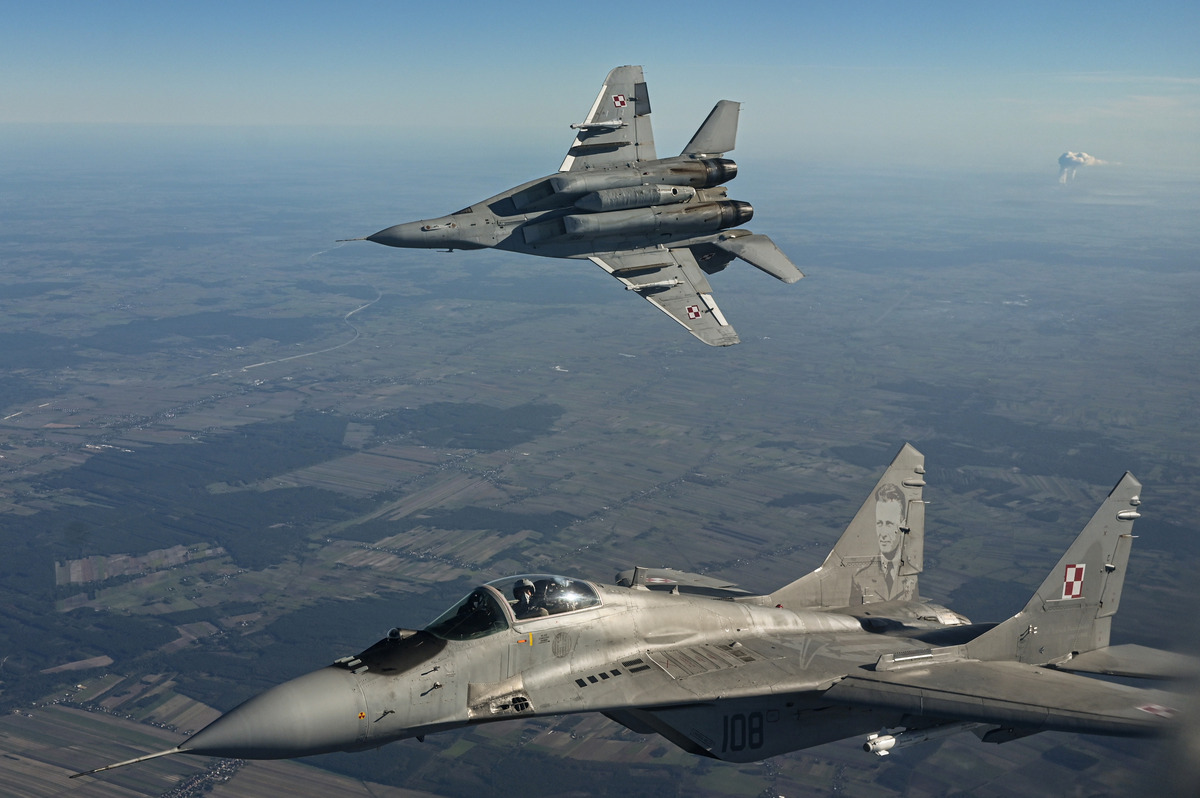

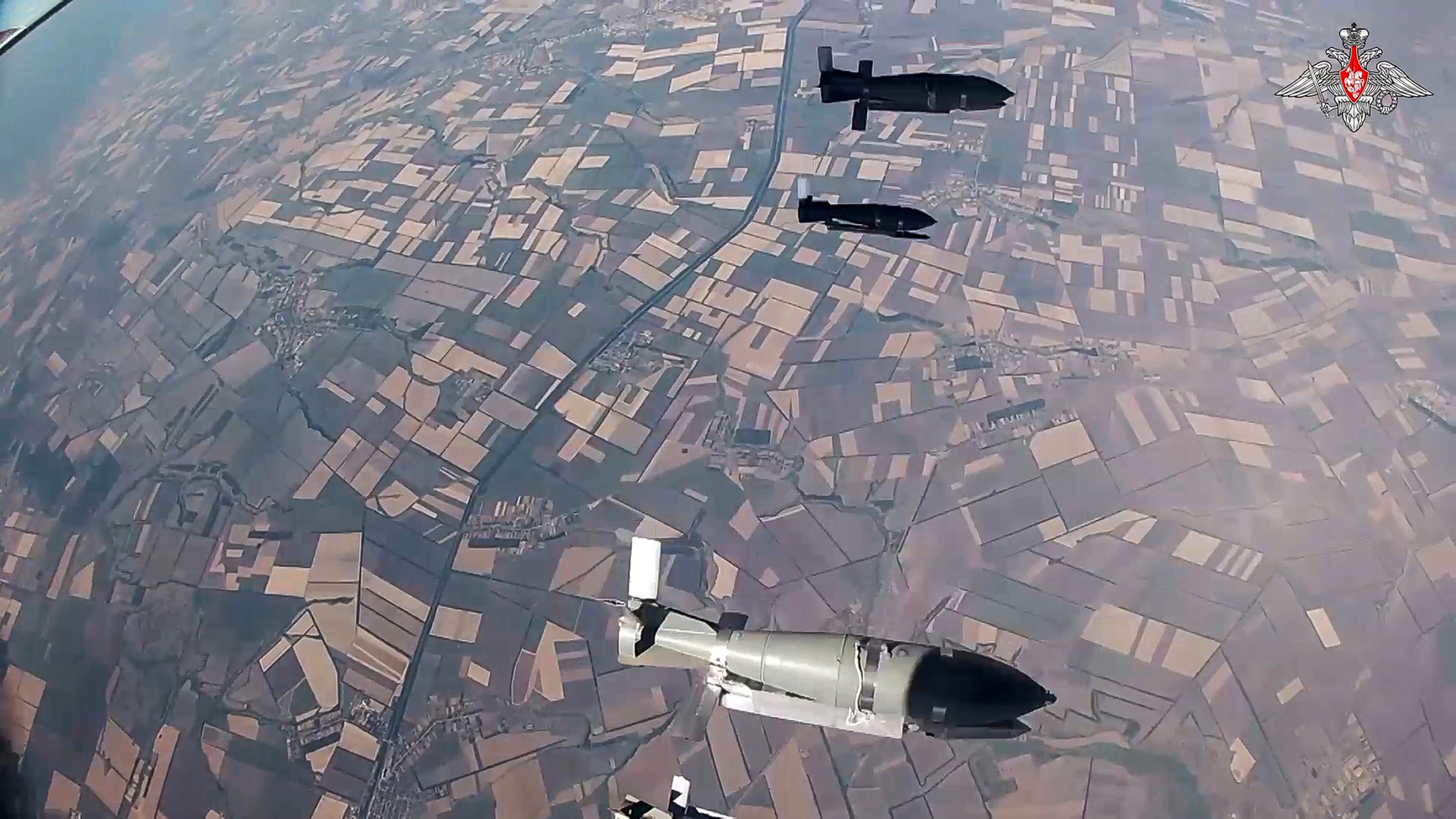
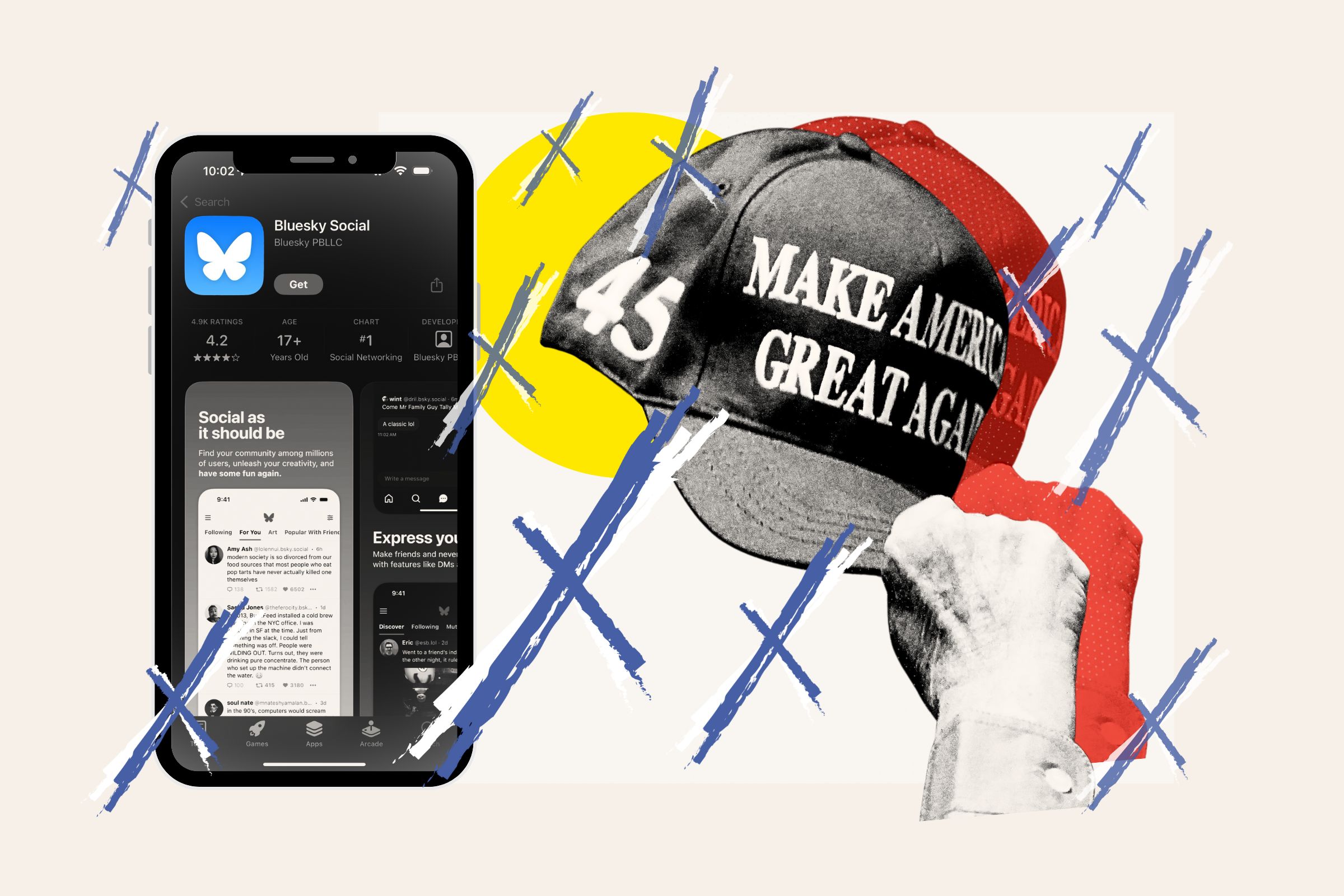
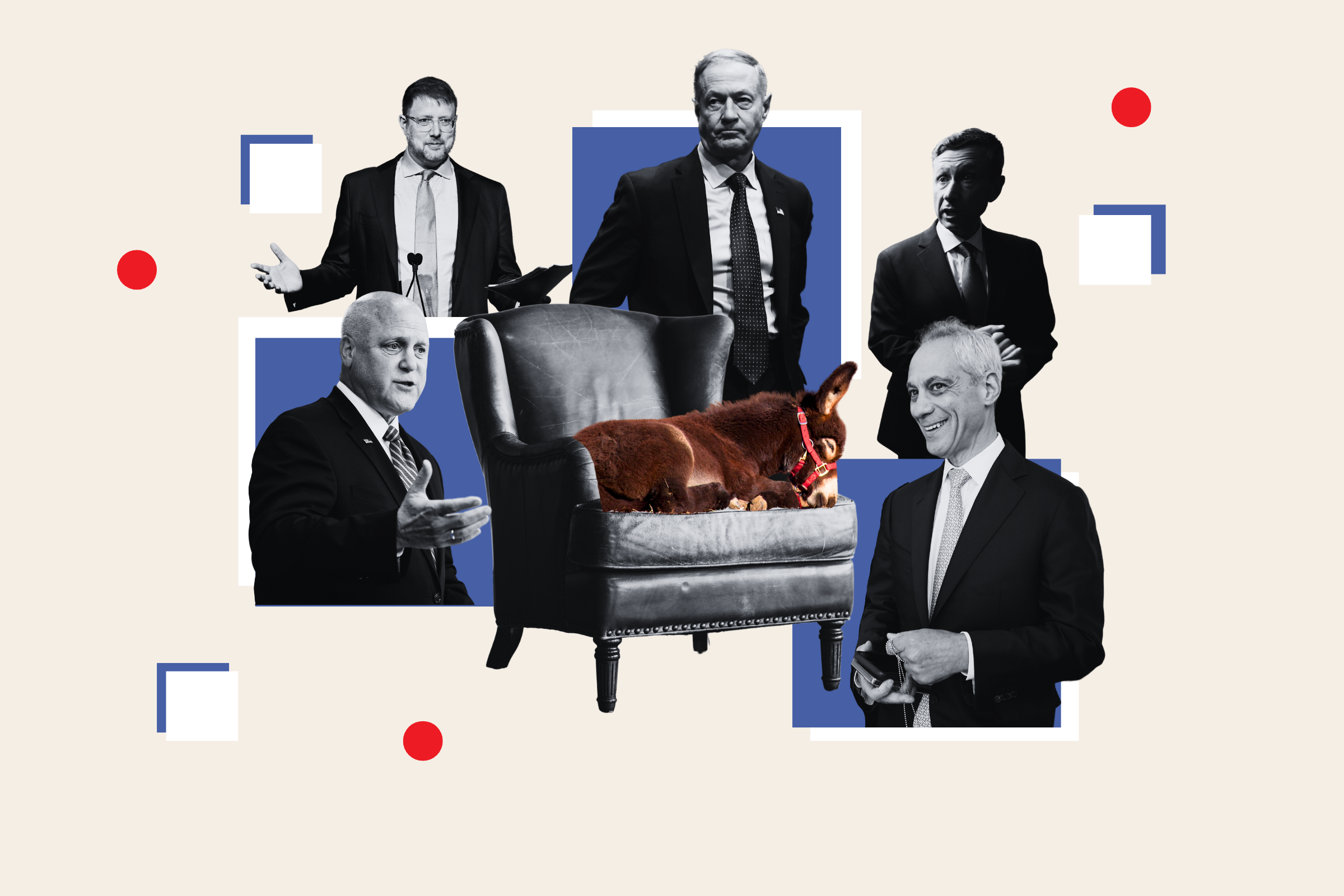
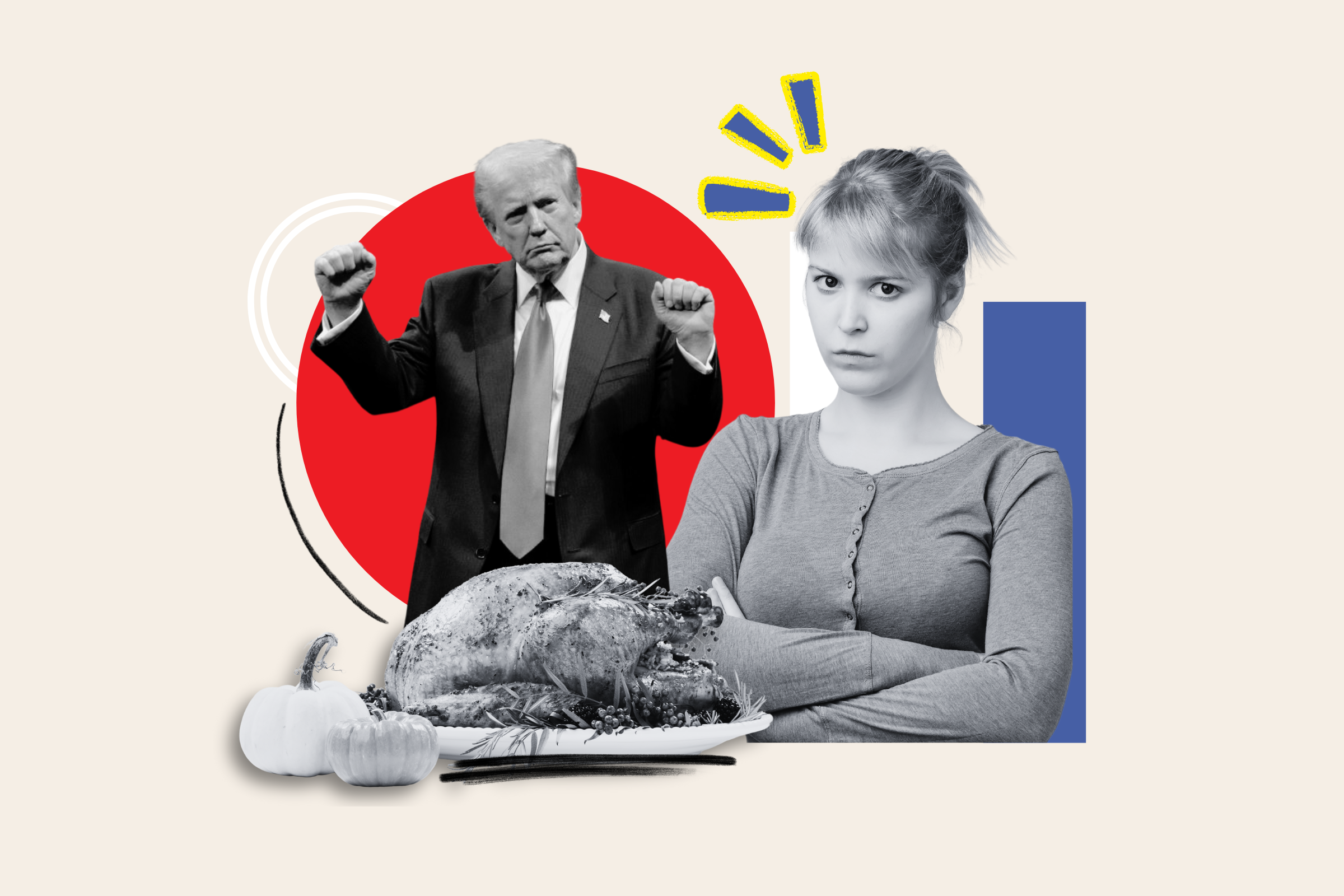
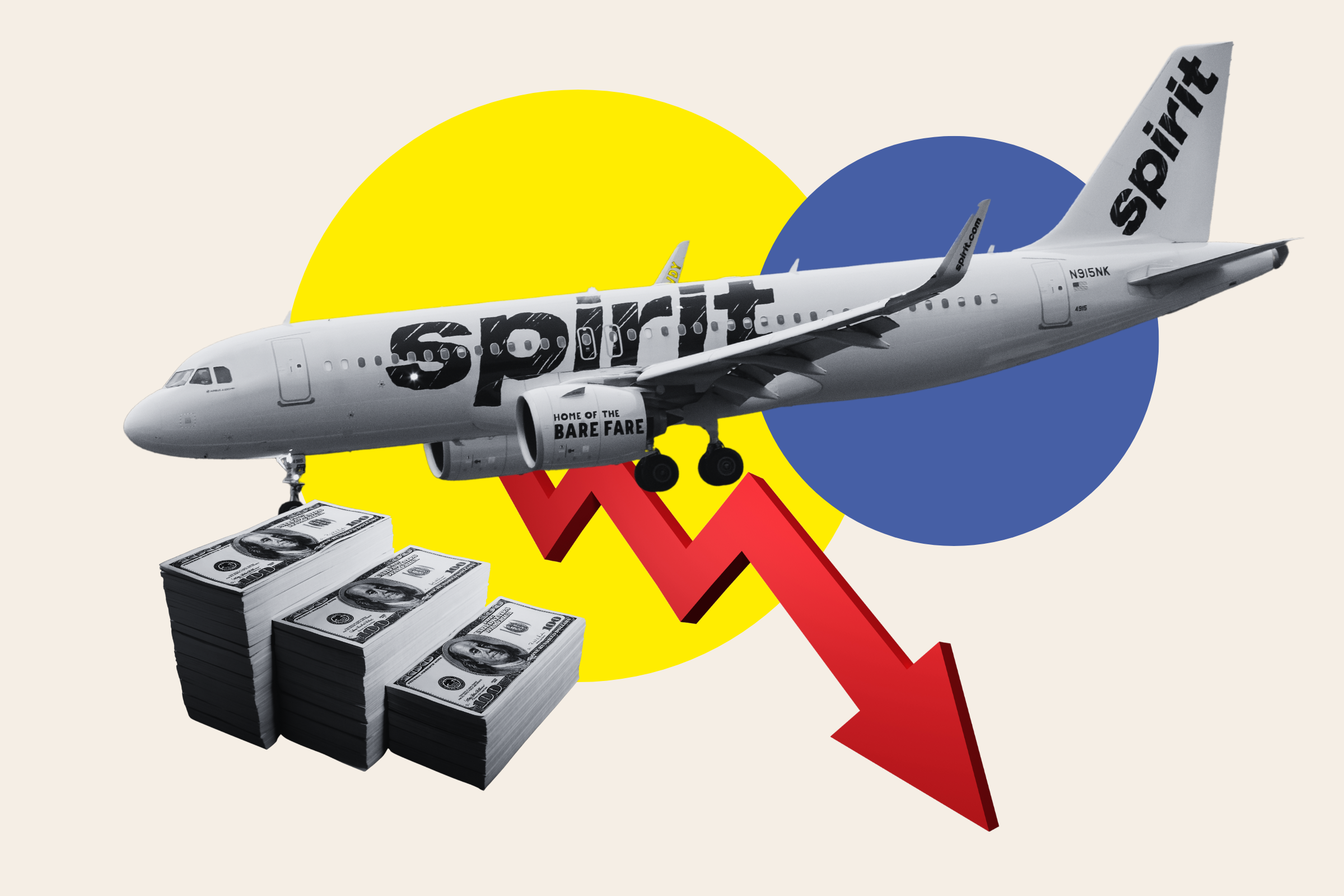




)



 English (US) ·
English (US) ·